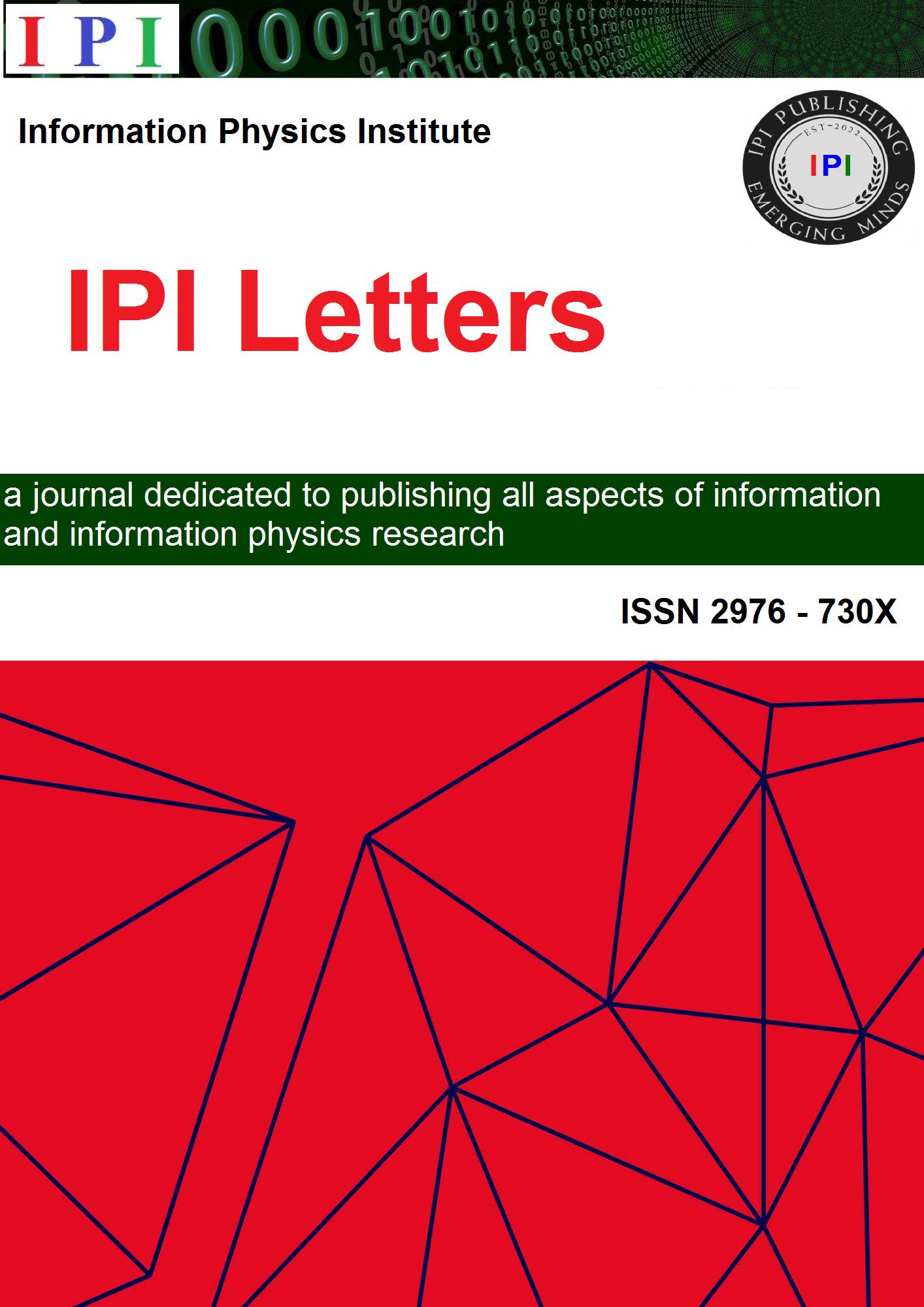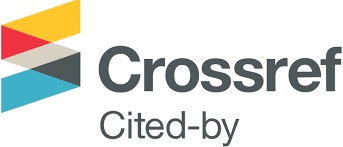Most Read Article Award 2025
Congratulations to Danny Goler, the Winner of the 2024-2025 Most Read Article Award of the IPI Letters.
At IPI Letters, we adhere to a strict policy against plagiarism to maintain the highest standards of academic integrity and ethical publishing.
Plagiarism refers to the act of presenting someone else's work, ideas, or words as one's own without proper acknowledgment or permission.
We consider plagiarism a serious offense and take proactive measures to prevent and address it.
Originality of Submissions: Authors submitting manuscripts to IPI Letters must ensure that their work is original and has not been previously published in its entirety or substantially similar form elsewhere. Any sources used or referenced in the manuscript should be appropriately cited, giving due credit to the original authors.
Plagiarism Screening: All submitted manuscripts undergo a rigorous plagiarism screening process. We employ advanced plagiarism detection software to identify instances of text overlap or content similarity with previously published works, including journal articles, conference proceedings, theses, dissertations, and online sources.
Self-Plagiarism: Authors should avoid self-plagiarism, which involves reusing significant portions of their previously published works without proper citation or justification. If authors need to include their own previously published content, they must cite and reference it accordingly, providing transparency and acknowledging the original publication.
Proper Attribution and Citations: When using the work, ideas, or words of others, authors must appropriately attribute and cite the original sources. This includes paraphrasing, direct quotations, figures, tables, or any other form of content. Authors should follow the citation style guidelines specified by IPI Letters.
Collaboration and Multiple Authors: In cases where the manuscript involves multiple authors or collaborations, it is essential for all authors to ensure that their contributions are appropriately acknowledged and attributed. Authors should clearly state the contributions of each individual and provide the necessary citations for any shared or previously published materials.
Ethical Obligations: Authors should be aware of their ethical obligations and refrain from engaging in any form of plagiarism, including the manipulation or fabrication of data or results. Authors must also avoid unauthorized use of copyrighted material without obtaining proper permission and acknowledging the original rights holders.
Consequences of Plagiarism: If plagiarism or any form of academic misconduct is detected in a submitted manuscript, appropriate actions will be taken. This may include rejection of the manuscript, notifying the authors' institutions or employers, and reporting the misconduct to relevant academic bodies and organizations.
AI generated articles: Articles that have been identified as being potentially generated by AI machines, will be rejected unless this is clearly acknowledged in the article and the article is less than 50% AI generated.
The AI should only augment the article writing, not replace the entire process. Do not submit articles that have too many sections, subsection and sub-subsections, bullet point lines listed in the manuscript excessively and short paragraphs, graphs generated by AI, i.e. create your own graphs and data processing.
We encourage authors to familiarize themselves with the principles of academic integrity and responsible research conduct. By adhering to these principles, authors contribute to maintaining the credibility and trustworthiness of scientific publications.
At IPI Letters, we are committed to upholding the highest ethical standards and promoting originality in research. By adhering to our plagiarism policy, we ensure a fair and rigorous publishing process that fosters the advancement of knowledge in the field of information science.
ISSN 2976 - 730X



Congratulations to Danny Goler, the Winner of the 2024-2025 Most Read Article Award of the IPI Letters.

 |
 |
 |
 |
 |
The journal is licensed under a Attribution International (CC BY).
Copyright © IPI Publishing - Information Physics Institute
This site uses cookies. By continuing to use this site you agree to our use of cookies.
The content published in IPI Letters is provided for informational purposes only and reflects the research and opinions of the respective authors. While the editorial board of IPI Letters undertakes efforts to evaluate submissions for quality and scientific merit, the authors bear full responsibility for the accuracy, integrity, and originality of their work. The journal, its editorial board, and its legal owner disclaim all liability for any inaccuracies, omissions, or errors in the published content.
